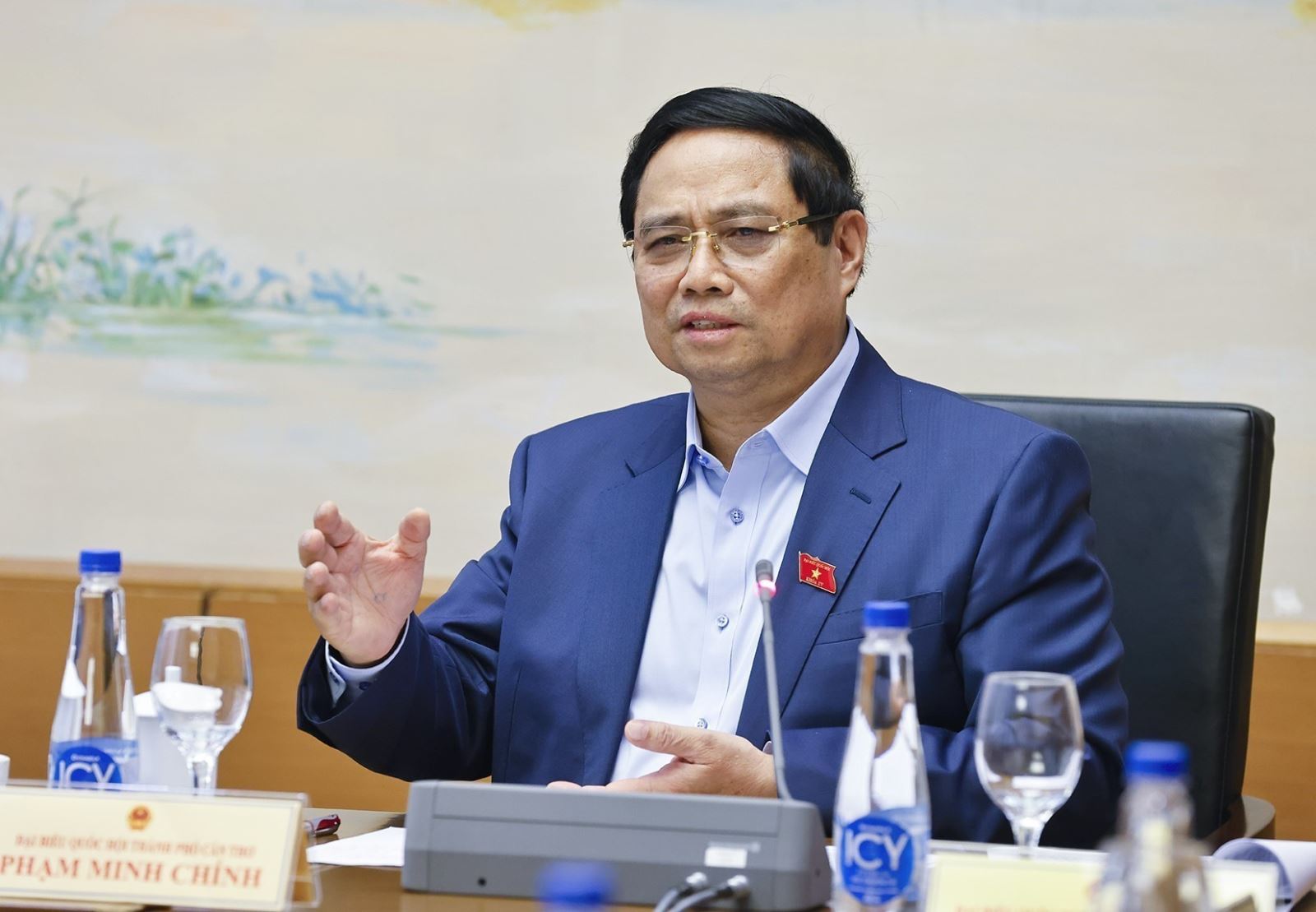
“It's very difficult but you have to put pressure to do it”
At the group discussion session, Prime Minister Pham Minh Chinh said that growth must be associated with the scale of the economy , with the orientation of fast but sustainable growth, macroeconomic stability, inflation control, and ensuring major balances of the economy.
“We must ensure a deficit, because if revenue does not cover expenditure, the economy will collapse immediately,” the Prime Minister noted. With a growth target of over 8% this year and double-digit growth in the coming period, the Prime Minister said that “high growth is very difficult, but there is room to do it.” This year, with an average growth rate of 7.85% for the three quarters, the Prime Minister is concerned about the growth rate in the last quarter of the year in the context of recent flooding in the North and the Central region.
“It is very difficult but we must put pressure to do it. The more pressure our people have, the more effort they make. In difficulties, innovations come up. Growth of over 8% is pressure but requires the whole system to make efforts, because if growth is achieved, labor productivity will increase, income will improve, and people's lives will be raised,” the Prime Minister emphasized. One of the important issues contributing to growth is strategic infrastructure.
The Prime Minister highlighted that in this term, investment for development increased by 55% compared to the previous term. Along with infrastructure development, the Prime Minister noted that ministries, branches and localities should be proactive in building institutions, because institutions are the driving force, the resource, and also the competitiveness of a country.
Regarding transport infrastructure, the Prime Minister said that the whole country is focusing on completing, first of all, the expressway system with an important transition of assigning local authorities to be the investors so that the project can be implemented more quickly. The Prime Minister said that the transition and assignment of the role of project investor from the ministry to the local authorities is an important transition contributing to infrastructure development.
This is also an experience that needs to be applied when implementing the North-South high-speed railway project. In addition, the Prime Minister noted that decentralization must go hand in hand with resource allocation and increased inspection and supervision. Emphasizing that only with public-private cooperation can infrastructure be developed, the Prime Minister cited the recent story of implementing a series of important transport projects in this direction. For example, with aviation, the Prime Minister emphasized the need to invest in airports and form airlines to "self-manage, compete and develop".
“If there is only Vietnam Airlines, people will not enjoy cheap prices. There must be competition, creating a mechanism for public and private cooperation,” the Government leader stated. The Prime Minister also cited the example of Van Don airport being handed over to the private sector and implemented very quickly, taking only 2 years instead of 5-7 years as expected. Or recently, Phu Quoc airport and Gia Binh airport were also boldly handed over to the private sector.
“Infrastructure requires huge investment. Without a mechanism to mobilize resources, it cannot be done,” the Prime Minister reiterated.
In terms of institutions, the head of the Government has thoroughly abandoned the mindset of “if you can’t manage, then ban”. Instead of thinking of law as management, we must build laws to create conditions for development. Law-making must therefore start from practice, closely follow practice, and use practice as a measure.
Regarding the operation of the two-level local government, the Prime Minister acknowledged the initial positive results after a few months of the new apparatus being put into operation. Accordingly, the entire system has transformed from management to creation and serving the people.
“With a system and habits that have been formed for 80 years, it is impossible to change quickly, but we are not perfectionist, not hasty, and do not miss opportunities,” said the Prime Minister. The head of the Government emphasized the need to build a system that is suitable for its functions, tasks, and powers, on that basis, build job positions and have a salary policy for civil servants according to job positions.

Collecting public opinions through the VneID application is an innovative way.
National Assembly delegate of Bac Ninh province Tran Thi Van said that the organization of collecting opinions from people, officials and party members on draft documents of the Central Committee in Bac Ninh was implemented very actively, seriously and creatively. Party committees, authorities, the Fatherland Front and organizations have joined in synchronously. In addition to conferences and seminars, Bac Ninh has also expanded the channel for comments through electronic information portals, social networks, and especially through the VNeID application. Thanks to that, people of all ages and professions can directly send comments. In residential areas, community digital technology teams are mobilized to guide people on how to send comments.
It can be said that this political report has attracted much attention from the people, clearly demonstrating the people's trust and sense of responsibility towards the Party. Many heartfelt and profound opinions have been sent, especially in the field of economic development, an area of interest to many cadres, party members and businesses. That shows that this time's opinion collection is substantial, not formal, but a concrete step to realize the motto "People know, people discuss, people do, people check, people supervise, people benefit".
“I myself have researched and contributed opinions at the Party cell, Party Committee, Party Congress forum of the provincial Party agencies, the Provincial Party Congress and this session at the National Assembly, and also organized to collect opinions for delegates to discuss and contribute to the Draft Political Report. This is a new way of doing things, demonstrating the spirit of democracy, openness and transparency in the process of preparing documents,” said delegate Tran Thi Van.
It can be said that organizing the collection of broad opinions from the people to the National Assembly is not only a technical process, but also a profound political and social activity, demonstrating the close connection between the Party, the State and the people, contributing to improving the quality of the Political Report, which is truly the crystallization of the intelligence, will and aspirations of the entire nation.
From the practice of Bac Ninh and through studying the draft, delegate Tran Thi Van said: The political report needs to continue to emphasize the need to innovate the growth model, strongly shifting from extensive to intensive development, based on science - technology, innovation and digital transformation. After nearly 40 years of innovation, the scale of our country's economy has increased more than 20 times, GDP in 2025 reached nearly 500 billion USD, belonging to the group of 40 largest economies in the world. However, the quality of growth is still mainly based on resource exploitation, cheap labor and capital investment, while the content of technology, innovation and endogenous productivity is still low. Vietnam's labor productivity is only about 60% of Thailand, 40% of Malaysia and 10% of Singapore.
Therefore, it is necessary to continue to emphasize the innovation of the growth model towards the development of a knowledge-based economy, taking science - technology, innovation, and digital transformation as the foundation. To achieve the goal of increasing social labor productivity by 2030 by an average of 6.5 - 7%/year and many other targets set out in the report... It is necessary to form a national innovation ecosystem, support businesses to invest in research, technology transfer, develop data infrastructure, artificial intelligence, and encourage the spirit of entrepreneurship among young people.
According to delegate Tran Thi Van, developing new economic sectors, green economy, digital economy, and circular economy is an inevitable trend. This is also the wish that many people and businesses in Bac Ninh expressed when commenting on the draft. The world is entering a period of strong green transition, and Vietnam cannot be outside that trend. The Prime Minister's commitment to net zero emissions by 2050 at COP26 is an important political commitment, requiring the entire political system to take drastic action. It is necessary to identify the green economy as a new growth driver that both creates development space and reduces environmental and climate risks.
Accordingly, it is necessary to issue and implement preferential policies for renewable energy, green transport, green construction and circular agriculture; promote the transition from consumptive industrial production to low-emission industry. At the same time, it is necessary to strongly develop a circular economy of recycling, reuse, and reduction of plastic waste towards a zero-waste, environmentally friendly economy. This is not only an environmental issue but also an opportunity to form new industries and businesses, creating sustainable jobs. This session amends many related laws such as the Law on High-tech Industry...
Finally, delegate Tran Thi Van said that it is necessary to continue to perfect institutions, improve the investment and business environment, encourage the private sector to develop healthily, and become an important driving force of the economy. Bac Ninh's experience shows that, in addition to FDI corporations, if properly supported, domestic enterprises can fully participate more deeply in the global value chain... It is necessary to review and eliminate legal barriers and complicated administrative procedures, increase the predictability and stability of policies. Promote administrative procedure reform and apply digital technology in providing public services.
In addition, the private economic sector currently contributes about 42-43% of GDP, but the average productivity is only half of the FDI sector. There should be incentive mechanisms and policies to support small and medium enterprises in accessing credit, land, and technology; forming industry clusters and domestic supply chains so that Vietnamese enterprises can participate more deeply in the global value chain. Strive for the private sector to contribute over 55% of GDP by 2030, being the pillar of a self-reliant economy with high resilience to external fluctuations.
Source: https://baotintuc.vn/thoi-su/thu-tuong-quy-mo-nen-kinh-te-voi-dinh-huong-tang-truong-nhanh-nhung-ben-vung-20251104183309831.htm





![[Photo] Opening of the 14th Conference of the 13th Party Central Committee](https://vphoto.vietnam.vn/thumb/1200x675/vietnam/resource/IMAGE/2025/11/05/1762310995216_a5-bnd-5742-5255-jpg.webp)


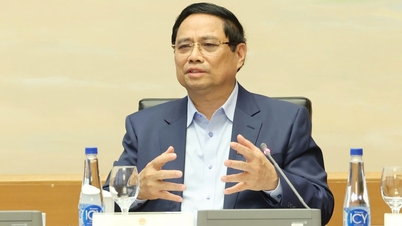

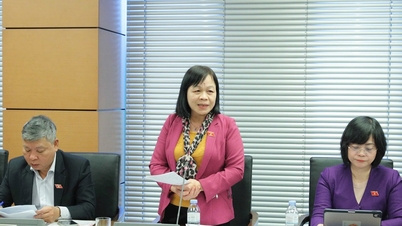

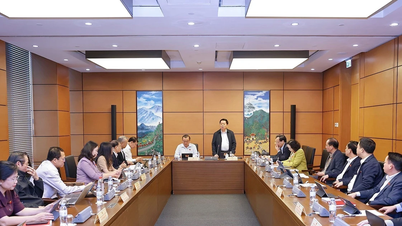

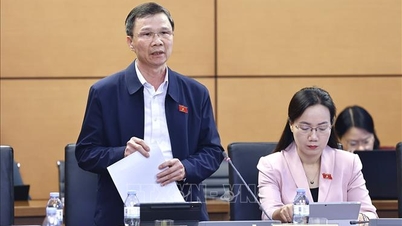
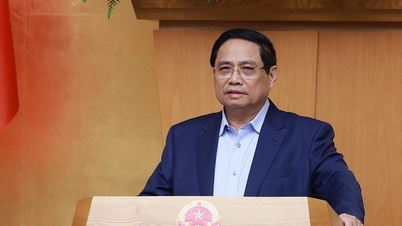
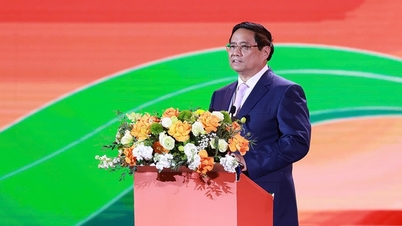

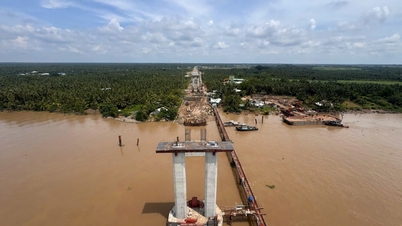


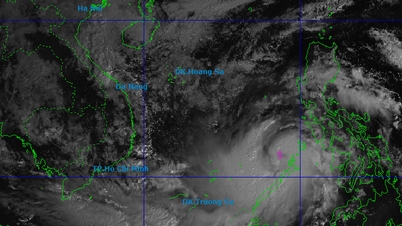

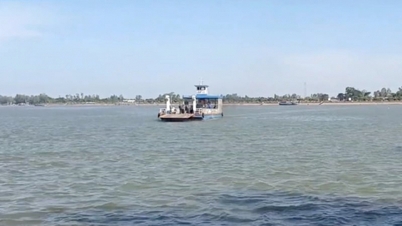








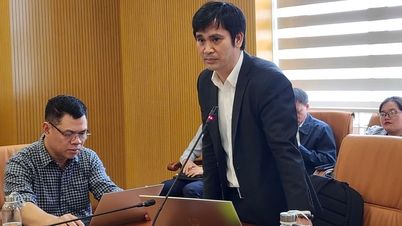


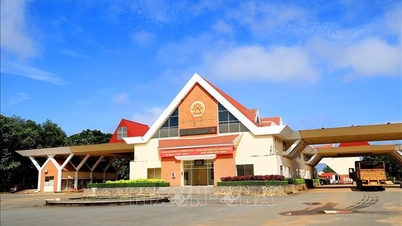
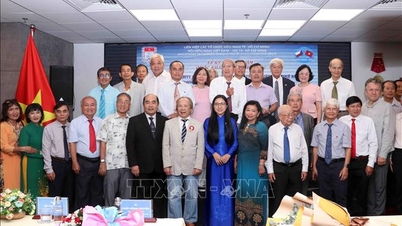

![[Photo] Panorama of the Patriotic Emulation Congress of Nhan Dan Newspaper for the period 2025-2030](https://vphoto.vietnam.vn/thumb/1200x675/vietnam/resource/IMAGE/2025/11/04/1762252775462_ndo_br_dhthiduayeuncbaond-6125-jpg.webp)




















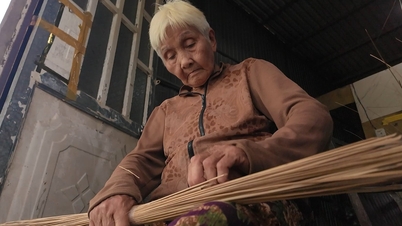















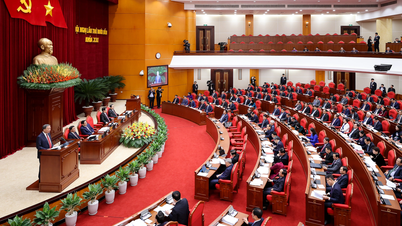

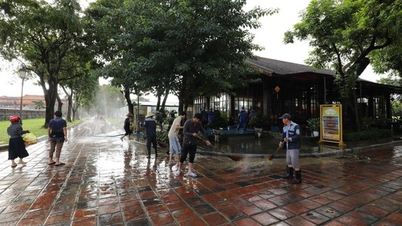

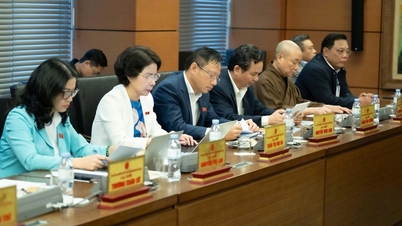
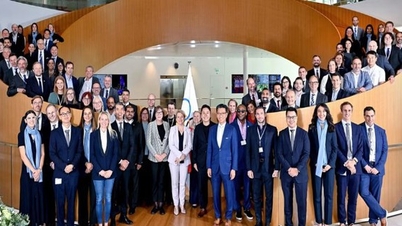

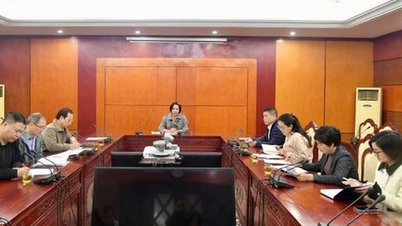

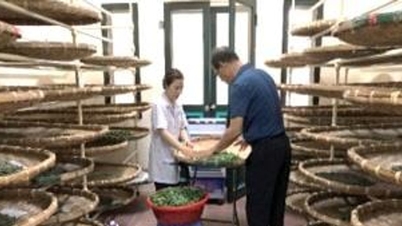

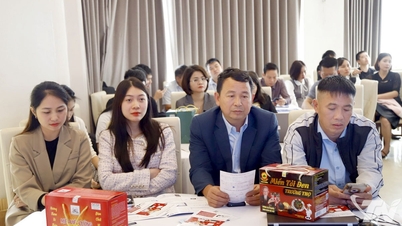



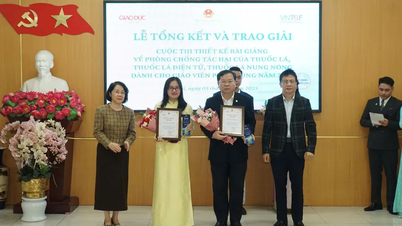


















Comment (0)